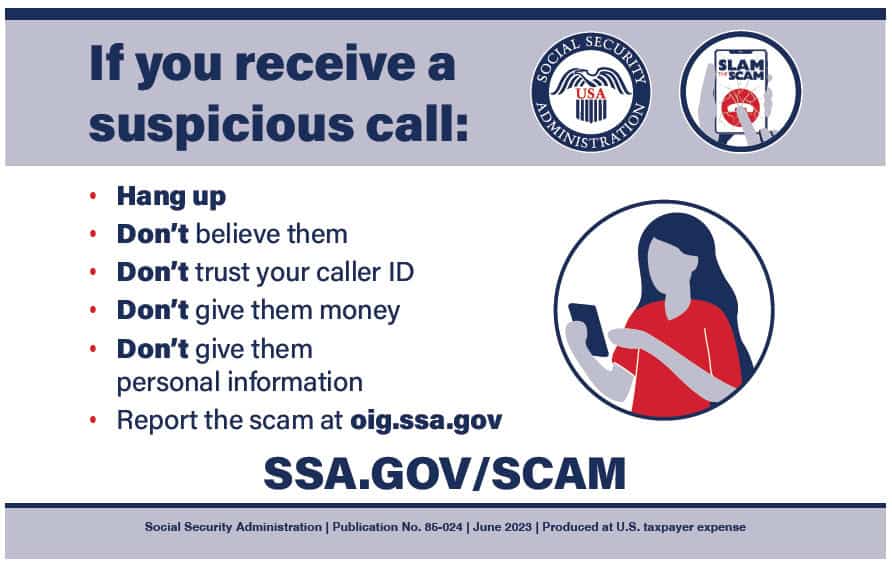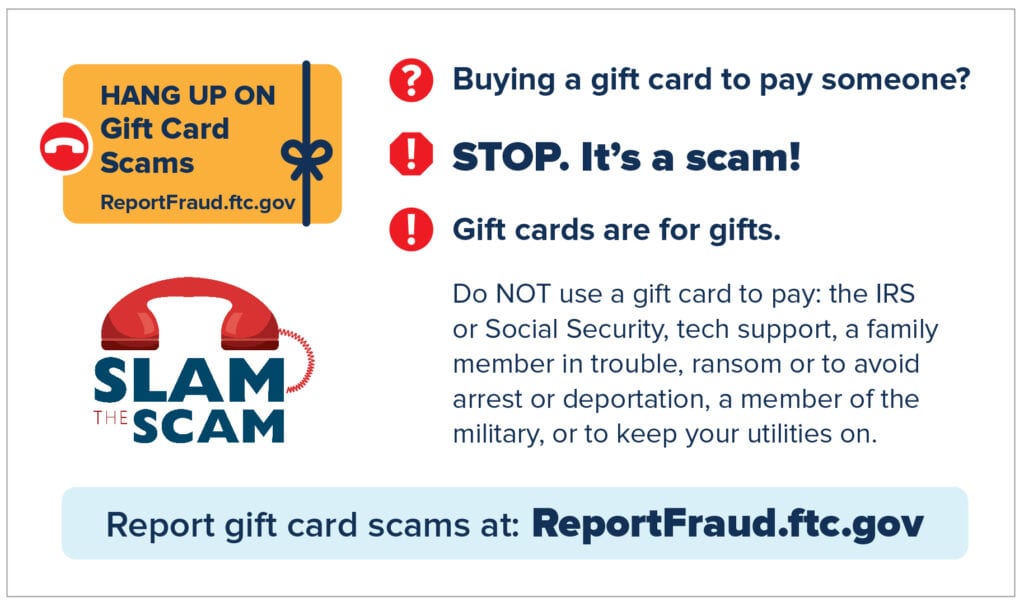In an era where digital convenience intersects with sophisticated deceit, scams have become a pervasive threat to individuals regardless of age, background, or socioeconomic status. Scammers are relentless in their pursuit, employing tactics that are as convincing as they are damaging. The observance of Slam the Scam Day is a reminder of their persistence and a call to action for everyone to fortify their defenses against these digital predators. This comprehensive guide is designed to empower you with knowledge and strategies to avoid falling victim to scams and take a proactive stance in the fight against them.
Stay Calm and Consult
The initial reaction to a potential scam can significantly influence its outcome. It’s paramount to remain calm and not act impulsively. Scammers thrive on creating a sense of urgency, pushing you towards hasty decisions. Before responding to suspicious messages or requests, talk to someone you trust. This could be a friend, family member, or professional advisor. A second opinion provides perspective and can prevent you from falling into a scammer’s trap.
Disconnect and Disregard
Upon receiving unsolicited calls, emails, or messages, your best defense is to hang up or ignore them. Engaging with scammers, even out of curiosity, can mark you as a potential target for future scams. It’s crucial to avoid clicking on any links or attachments from unknown sources, as these can lead to malware or phishing sites designed to steal your information.

Safeguard Your Finances
Scammers often pressure their targets into making payments through methods that are difficult to trace and recover, such as gift cards, prepaid debit cards, cryptocurrency, wire transfers, or even mailing cash. Protect your money by refusing to comply with these demands. Legitimate organizations and agencies will never insist on these payment methods, especially under pressure.

Protect Your Personal Information
Your personal information is a valuable commodity in the digital age. Be skeptical of unsolicited contacts, even if they appear to be from organizations you recognize. Scammers are adept at pretending to be from legitimate agencies or companies, using this trust to extract sensitive information. If in doubt, directly contact the organization through verified means to verify the authenticity of the contact.
Spread Awareness
Knowledge is power, and sharing it strengthens our collective defense against scams. By discussing your experiences and the tactics scammers use, especially those pretending to be from Social Security or other recognized entities, you help build a community that’s more difficult to deceive. Use social media platforms and the hashtag #SlamtheScam to share your stories and warn others. Encourage your network to visit official resources like ssa.gov/scam to learn more about protecting themselves.
Recognizing Scammers
Scammers have a playbook of psychological tactics designed to manipulate their targets. They often:
- Pretend to be from an agency or organization you’re familiar with.
- Claim there’s a problem or entice you with a prize.
- Pressure you to act immediately.
- Instruct you to pay in a specific, usually untraceable, way.
The directive is clear: do not give scammers any money or personal information. Ignoring them cuts off their power.
Scams are a growing concern in our interconnected world, but we can significantly reduce their impact by staying informed, calm, and cautious. Slam the Scam Day is a vital reminder of the ongoing battle against scammers and the importance of community in safeguarding our digital and financial well-being. Let’s pledge to be vigilant, to support one another, and to slam the door shut on scammers at every opportunity.
If you are a Legacy client and have questions, please do not hesitate to contact your Legacy advisor. If you are not a Legacy client and are interested in learning more about our approach to personalized wealth management, please contact us at 920.967.5020 or connect@lptrust.com.
This newsletter is provided for informational purposes only.
It is not intended as legal, accounting, or financial planning advice.




